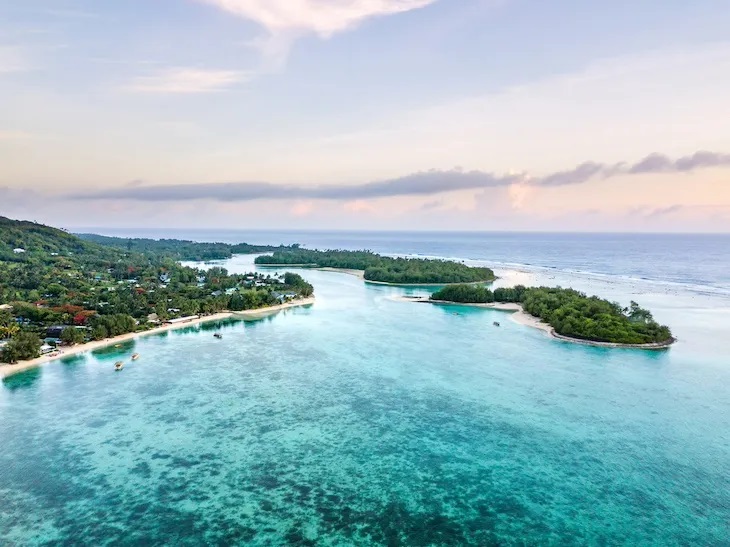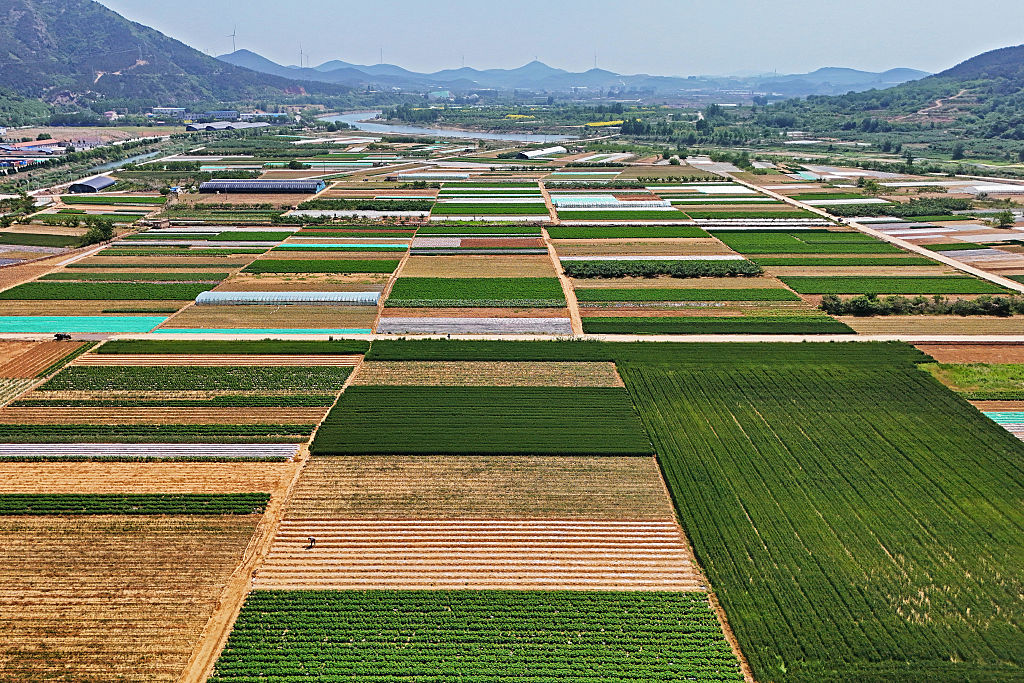Diplomatic storm clouds are gathering around the Cook Islands, a picturesque tourist destination in the South Pacific known for its creaking palms, pink beaches and deliciously warm nights.
The microscopic island-nation has a long-standing “free association” with New Zealand, which sees Wellington give the islands defense and financial support. Now though the islands are in the middle of striking an agreement with China, and New Zealand says it has been kept in the dark about the nature of the pact.
“We can confirm that there are a number of issues on which New Zealand and the Cook Islands government currently do not see eye-to-eye,” a spokesman for New Zealand’s foreign minister, Winston Peters, tersely told the public broadcaster RNZ.
Among those concerns are “policies and partnerships with other countries which could have significant security implications” for the Cook Islands, New Zealand and the wider region, he said.
Mark Brown, the prime minister of the Cook Islands, has been in Beijing this week to sign the Joint Action Plan for Comprehensive Strategic Partnership between his nation and the Asian behemoth.
Peters says New Zealand has not seen the proposed text of the new partnership, despite the Cook Islands being constitutionally bound to give advance warning to it on all “defense and security issues.” The free association agreement between the two countries dates back to the 1960s.
Brown argues that the new agreement is to do with the economic relationship between his country and China, which it has had diplomatic ties with since 1997.
New Zealand is by far the biggest benefactor for the Cook Islands, giving $124 million in foreign aid to it each year, twice as much as China’s annual support. The two countries also have much deeper cultural links. Nevertheless, China could easily outspend the Kiwis on the aid front if it wanted to.
In recent years, China has been pulling out the stops to establish a firmer toehold not only in the Cooks but elsewhere across the vast archipelago of the resource-rich South Pacific. Often these tiny islands are sitting on huge natural wealth, which can only be accessed with deep sea mining. In the case of the Cooks, its seabed is considered to have one of the most significant mineral reserves in the world, including billions of tons of cobalt, nickel, manganese and copper.
What the Cooks lack in population, they also make up for in size. Despite having ten times fewer inhabitants than Guam, strung out across its fifteen islands and atolls, its economic area is one-third the size of Great Britain’s.
Among the other island-nations in the region to find themselves the object of China’s newfound attention is the former British protectorate of the Solomon Islands, which signed a security pact in 2022 allowing “relevant forces of China” to “protect the safety of Chinese personnel and other major projects in the Solomon Islands.”
Not surprisingly, both New Zealand and Australia hit the diplomatic roof over that as well, spurring the United States and Britain to strengthen their own Indo-Pacific presence. This led most notably to the three-way defense alliance between America, Britain and Australia known as Aukus.
The government of New Zealand has indicated it may also join Aukus — providing it can iron out differences between it and the other three powers over the Kiwis’ existing anti-nuclear legislation. China doesn’t like the sound of that, either. But the prime minister of New Zealand, Christopher Luxon, recently said those concerns are “not a consideration.”
This will be even more the case in the wake of the Asian superpower’s latest foray into the lands of coconut palms, volcanic peaks, white coral churches and and turquoise houses. It almost certainly will not be the last.

























